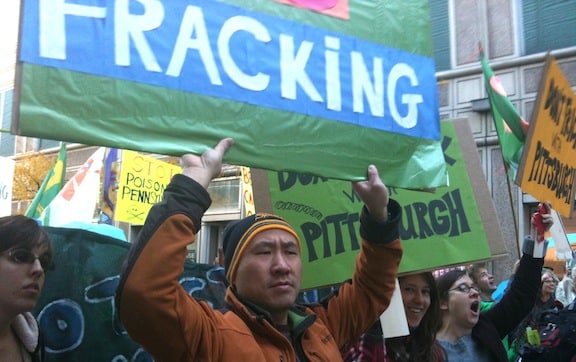A study from researchers at Yale, George Mason and Oregon State University examine public perceptions of fracking including primary associations, familiarity with the issue, levels of support or opposition, and predictors of these attitudes.
WHY YOU SHOULD TAKE A LOOK:
This paper outlines what people’s ‘top of mind’ associations and opinions are around hydraulic fracturing or ‘fracking’ which is increasingly used to access unconventional oil and gas in the US. The paper’s findings are critical for anyone working on outreach related to unconventional energy development, but also for practitioners working on communicating energy policy to a wider general audience.
KEY TAKEAWAYS:
Most Americans are unaware of and undecided about fracking, environmental concerns, or its expansion in the U.S.
Of the survey respondents:
-
39% had heard nothing about fracking
-
22% had heard ‘some’ about fracking
-
16% had heard ‘a little’
-
13% didn’t know how much they’d heard
-
9% had heard ‘a lot’
Household income, race and an individualist worldview were not good predictors of supporting or opposing fracking.
Those that support fracking are more likely to be older, have a bachelor’s degree or higher, be politically conservative and watch TV for news more than once a week. They are more likely to be concerned about economic and energy security impacts.
Those that oppose fracking are more likely to be women and people with egalitarian worldviews, who read newspapers more than once a week, are familiar with fracking processes and concerned about the environmental impacts.
Many groups working on communicating issues around fracking focus on "informing and educating stakeholders" to "change the misperceptions associated with energy development." The researchers found that this may not be the most effective method, since it requires people to be willing to engage with information that challenges strongly held views.
A risk communication frame beyond the process of extracting oil and gas that extends to awareness around the broader environmental, health, social and economic impacts of oil and gas development over time could be more effective. The researchers conclude that a wider discussion around "boomtowns" and the inevitable boom and bust cycles of the extractive resource industry could allow for better engagement on the social, physical and psychological stresses affected communities face.



